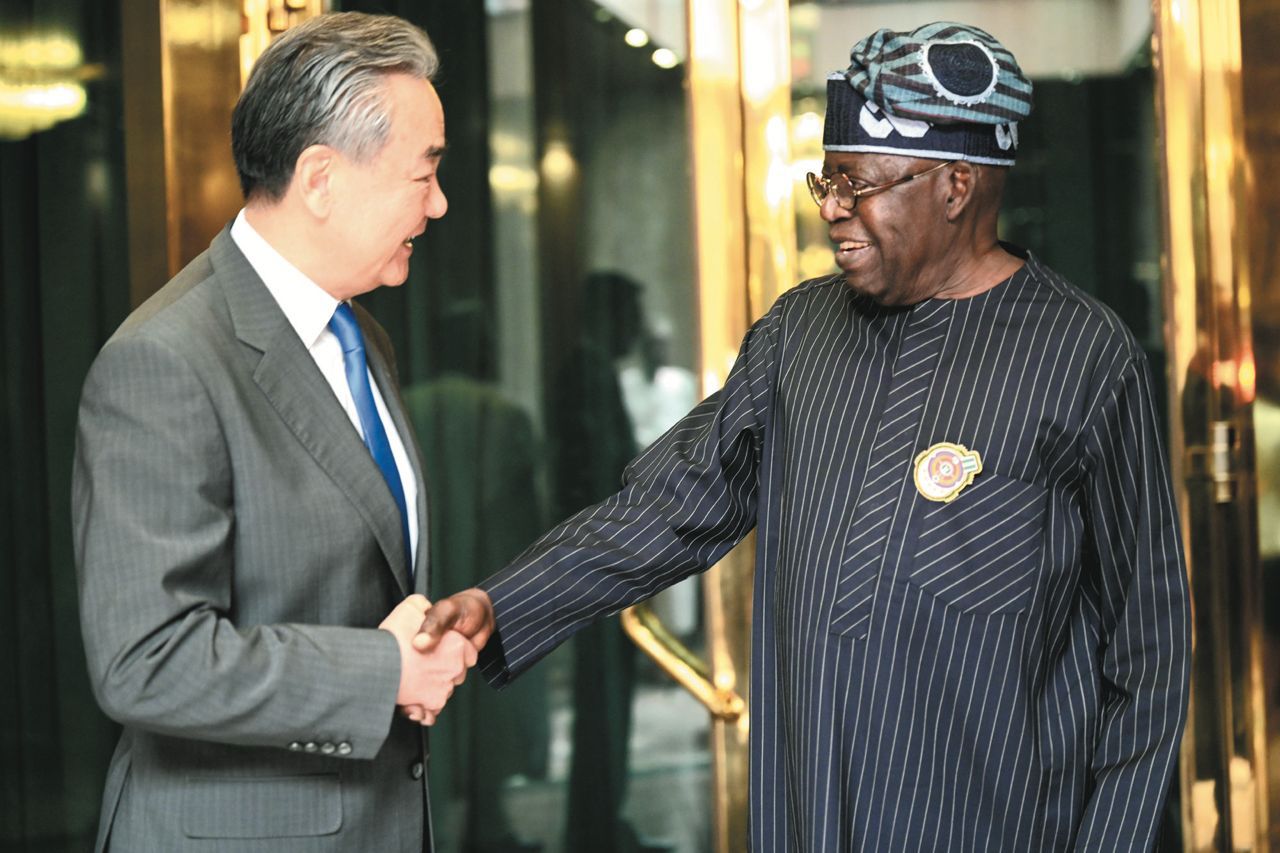The latest Global Livability Index from the Economist Intelligence Unit (EIU) has ranked Nigeria and Zimbabwe among the world’s ten most difficult countries to live in. This annual index evaluates cities across five key categories: stability, healthcare, culture and environment, education, and infrastructure. Sadly, both nations scored low across most metrics, reflecting the severe challenges their populations face daily.
For Nigeria, concerns about personal safety are one of the most pressing issues. According to surveys, nearly 7 out of 10 Nigerians feel unsafe due to widespread insecurity, which includes armed robbery, kidnapping, banditry, and communal clashes. In addition, poor healthcare systems, erratic electricity, congested urban planning, and underfunded public education contribute to the country’s poor livability score.
Zimbabwe also faces deep rooted problems. Decades of political instability, hyperinflation, unemployment, and underinvestment in public infrastructure have significantly impacted the standard of living. Residents continue to deal with power shortages, water scarcity, and economic uncertainty. The capital, Harare, has previously been listed among the least livable cities globally, a pattern that has sadly continued.
Both countries also struggle with poverty. In Nigeria, the GDP per capita hovers around $800, with a third of the population surviving on less than $2.15 per day. Zimbabwe’s economic situation, while slightly better in dollar terms, remains fragile, with many relying on informal jobs and unstable currencies to get by.
Despite these grim rankings, experts believe there is still hope. By prioritizing investment in infrastructure, education, and public safety, and by implementing sound economic policies, both nations can improve the lives of their citizens. The Global Livability Index is not just a ranking it is a call to action for governments, civil society, and development partners to address the root causes of urban hardship.
The road to progress may be long, but with collective effort and the right leadership, a better future is still within reach for Nigeria and Zimbabwe.







